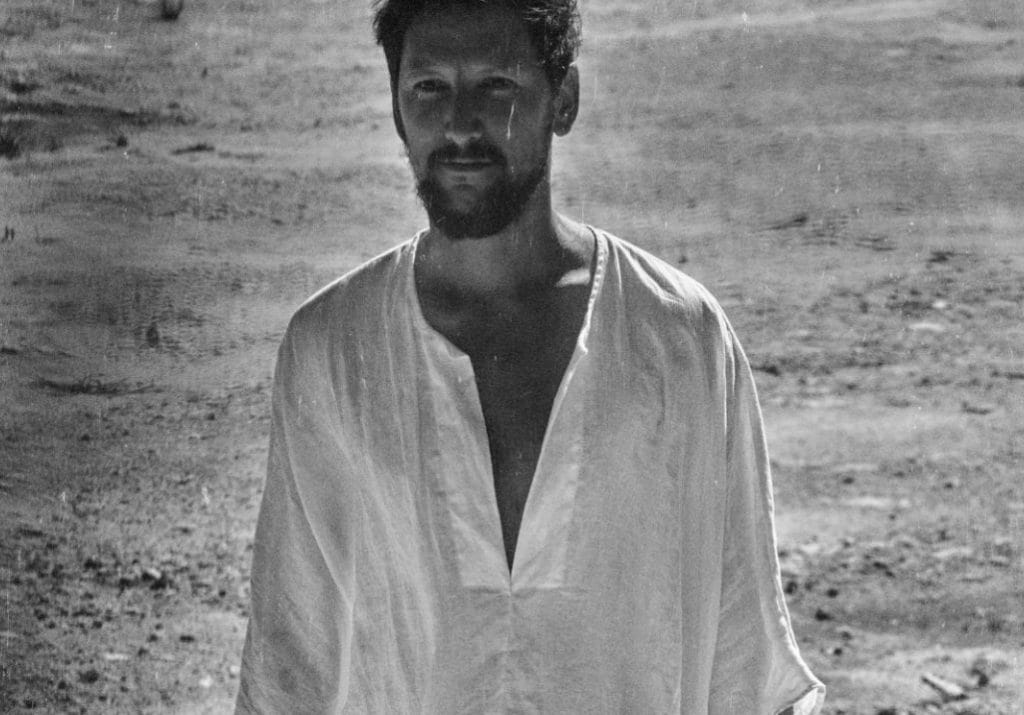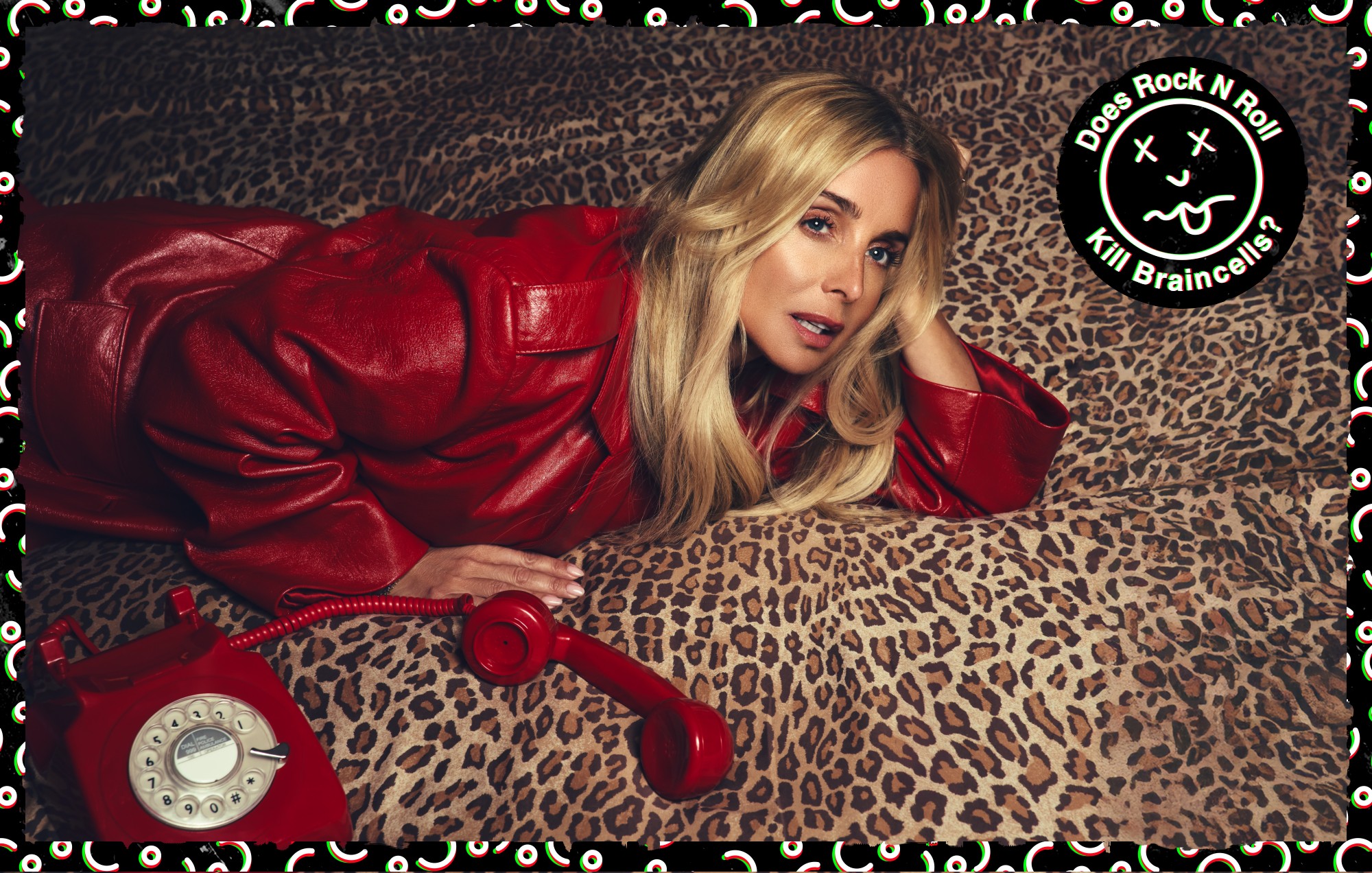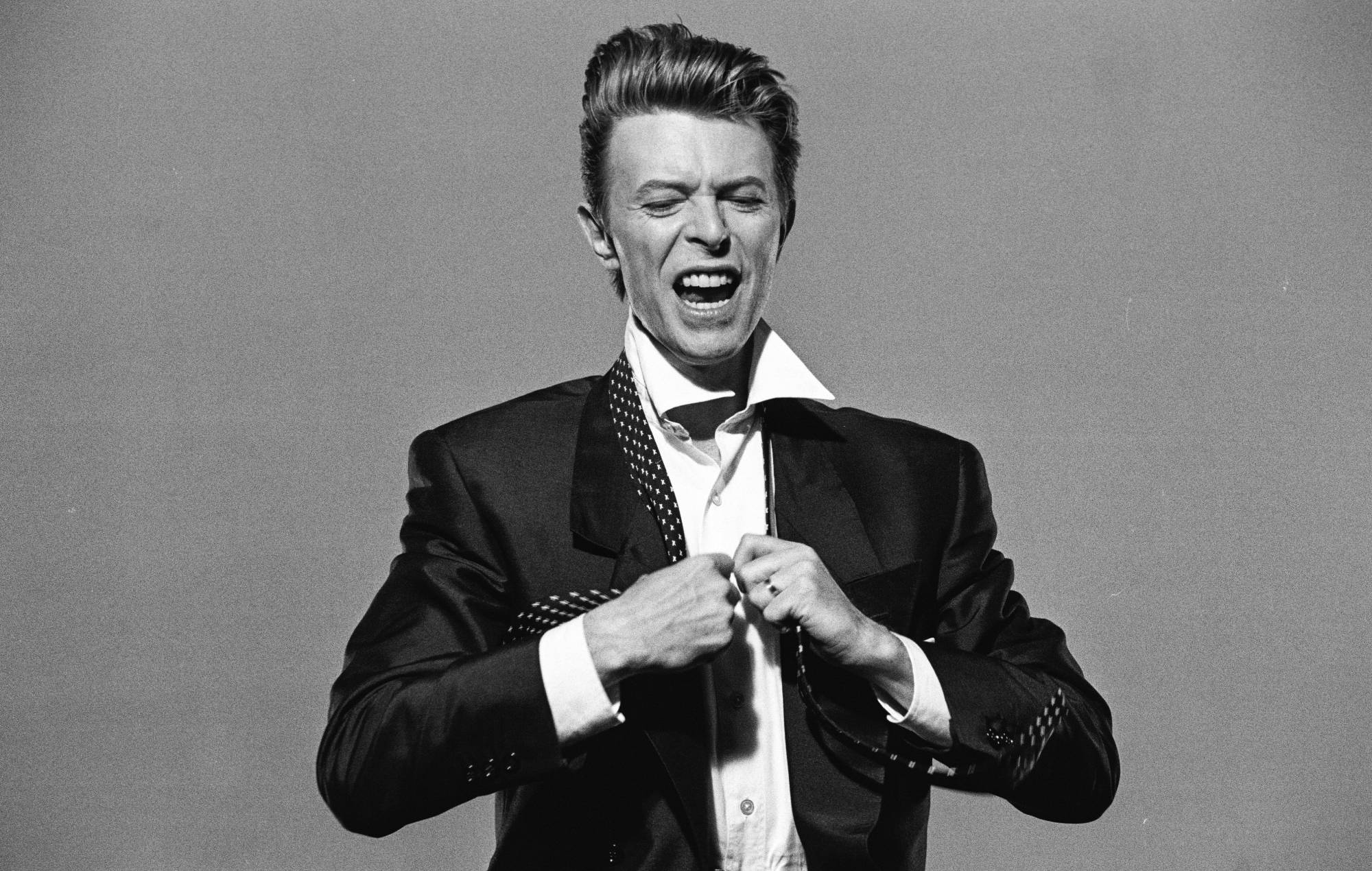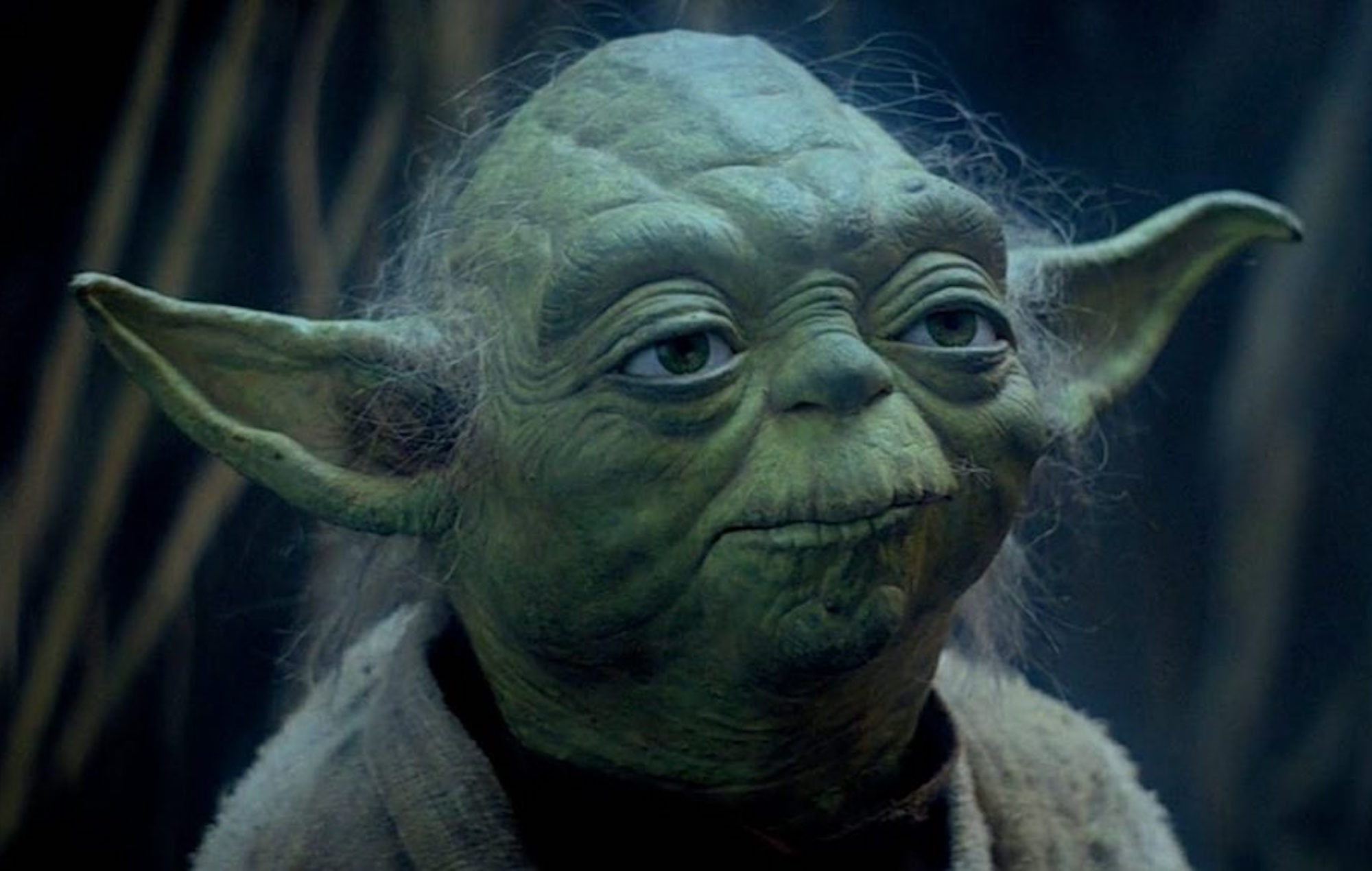Most producers think listening is about mixing levels or referencing the right records. For LUM, it’s more like a ritual. His whole creative process is built around quieting the noise—externally and internally—until something essential shows up.
Raised in Argentina, now living in near-isolation in the jungle of Tulum, LUM has carved out a path that’s as much about personal alignment as it is about sonic cohesion. He’s studied indigenous ceremonies, recorded tribal instruments, gone through ego death, and decided fame wasn’t worth trading for authenticity. You can hear that in the way he works—and even more so in how he speaks. His answers aren’t structured for press—they’re reflections from someone who’s spent a long time listening before speaking.
This interview is less about plug-ins and presets and more about presence. What does it mean to really listen? How does that skill shape a producer’s voice over time? And what happens when listening becomes less about impressing people—and more about reconnecting with yourself? If you’re the type of artist who’s hit a wall creatively or found yourself chasing ideas that don’t feel like yours, this one might land harder than you expect.
How can producers learn to start really listening?
Interesting question… My next ambient release is actually called The Lost Art of Listening, so it feels like we’re on the same wavelength—but let’s clear something up: I don’t think we learn to listen. We remember how to.
We were listening in the womb—rhythms, pulses, the ocean of our first home. Then we spent years trying to be listened to, and in the process, forgot how to listen.
At one point, I believed that as a producer I needed to listen to people to deliver what they wanted. Turns out, I just needed to listen to myself.
Listening is not about satisfying others. It’s about tuning into the chaos inside until you find something that hums.
How did your understanding of listening change as you became a producer?
I stopped pretending I had to impress anyone and started being radically honest with myself. That’s when listening became a technical tool and an emotional compass.
It’s not about what sounds good but what feels inevitable.
What have you learned about the difference between hearing and actually listening?
This question made me laugh. It’s like asking the difference between eating and tasting. You can shovel anything into your ears…
Listening is like chewing slowly with your whole soul. Hearing is what happens when you drop a pan. Listening is what happens when a tree falls in the forest, and you feel it in your bones.
What role does listening play in shaping your creative direction before opening a DAW?

Actually, I sit in silence before opening anything—no music, no voices, not even my own thoughts if I can help it. I listen to the jungle, to the walls, to the weird buzzing that might be electricity or enlightenment.
Then I open the DAW like I’m entering a temple… or a kitchen. Depends on the day.
How has your approach to listening evolved over time—and what drove that evolution?
I think I’ve gone from using listening as a tool to using it as a compass. At first, I was trying to hear what worked. Now I’m trying to hear what’s real. What drove that change? Maybe it was getting older. Or bolder. Or both.
Also… accidents.
The kind that wakes you up. The kind that cracks open the shell.
When you’re trying to grow creatively, what kind of listening actually moves the needle?
The kind where you don’t even know you’re listening. When you’re walking, cooking, pretending to meditate but actually thinking about dolphins. That’s when ideas sneak in. They hate being chased.
How do you know when you’re listening with intention versus passively absorbing?
If I’m listening with intention, I feel hungry. If I’m passively absorbing, I feel full. Sometimes I confuse the two, like when I think I’m discovering something new and I’m actually just scrolling. But when it’s real—when I’m really listening—my whole body leans in like I’m about to kiss a secret.
What do you think most newer producers misunderstand about the act of listening?
They think listening is about collecting references.
But real listening isn’t collecting—it’s emptying. You have to make space. You don’t bring IKEA into a Zen garden.
The post LUM on the Lost Art of Listening and Why Most Producers Have It Backwards appeared first on Magnetic Magazine.



